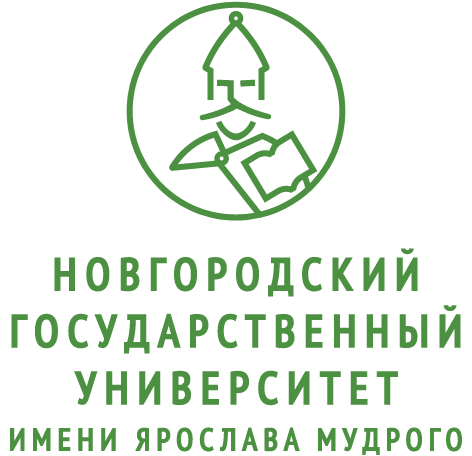Преимущества использования баз данных в лингвистических исследованиях
DOI:
https://doi.org/10.34680/VERBA-2024-3(13)-36-49Ключевые слова:
база данных, поэтический синтаксис, диахроническая риторика, Феофан ПрокоповичАннотация
В статье рассматриваются особые возможности, которые предоставляют базы данных для лингвистических исследований. Анализируется роль и значимость баз данных на примере четырех конкретных проектов, которые были разработаны или находятся в процессе разработки при активном участии сотрудников кафедры русского языка Петрозаводского государственного университета. Представленные базы данных иллюстрируют, как междисциплинарный подход, включающий тесное взаимодействие лингвистики с информационными технологиями и другими научными дисциплинами, способен обогатить и упростить процесс исследования. В статье подчёркиваются преимущества такого подхода в контексте сбора, систематизации и анализа лингвистического материала, а также в использовании полученных результатов для дальнейших научных изысканий. Одним из ключевых аспектов обсуждения является тот факт, что базы данных позволяют хранить, обрабатывать и анализировать большие объёмы информации, что затруднительно при традиционных методах работы: базы данных упрощают доступ к большому спектру лингвистических данных, позволяют быстро и точно находить необходимые сведения, а также проводить многофакторные анализы, способно увеличить глубину исследований. Приводятся примеры дополнительных возможностей, таких как интеграция данных из разных источников, полуавтоматизированный анализ и возможность быстрого обновления информации, которые практически недоступны при использовании традиционных подходов работы с материалом. Делается вывод о том, что базы данных не только упрощают работу лингвиста, но и открывают новые горизонты для проведения междисциплинарных исследований, предоставляя инновационные инструменты для решения сложных задач в области лингвистики.
Скачивания
Загрузки
Опубликован
Как цитировать
Выпуск
Раздел
Лицензия
Copyright (c) 2025 Verba

Это произведение доступно по лицензии Creative Commons «Attribution-NonCommercial» («Атрибуция — Некоммерческое использование») 4.0 Всемирная.








